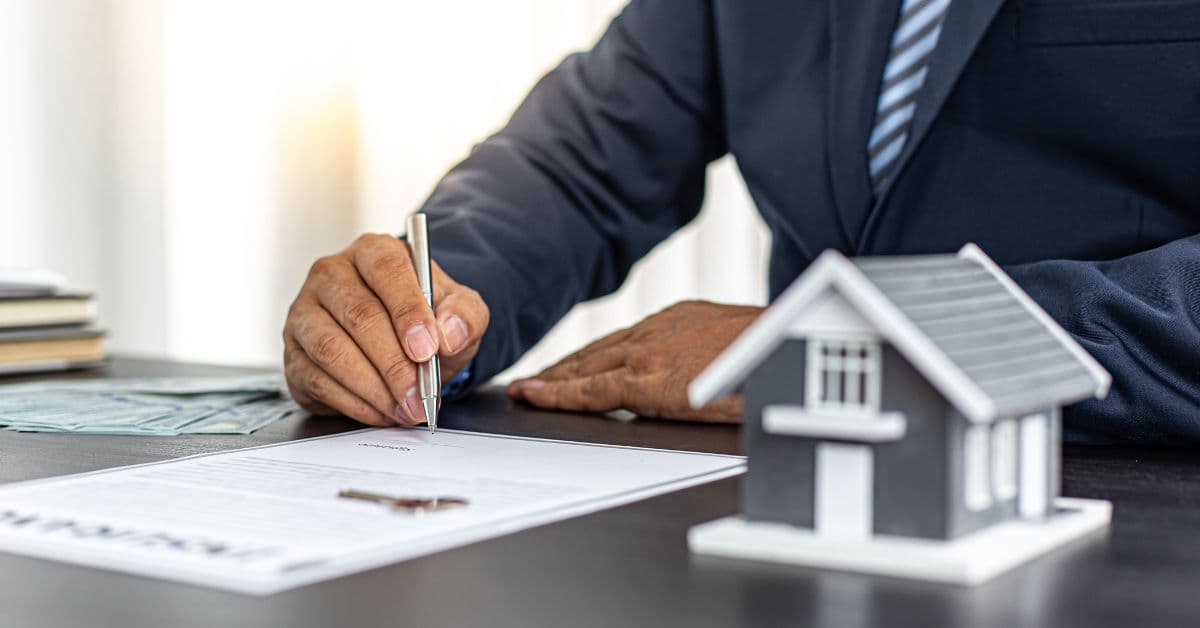
Buying or selling a property in Sydney involves several legal processes, one of the most crucial being conveyancing. This is the process of transferring legal ownership of a property from one party to another. While essential, it does come with costs that every buyer or seller should be aware of. Understanding Sydney property conveyancing fees can help you budget effectively and even find ways to save on costs.
In this article, we’ll break down the various fees associated with conveyancing in Sydney and provide tips on how you can reduce expenses while ensuring a smooth transaction.
What is Conveyancing?
Conveyancing involves all the legal and administrative work required to transfer ownership of a property. It includes tasks such as:
-
Preparing and reviewing contracts
-
Conducting property searches
-
Arranging for stamp duty payments
-
Liaising with financial institutions and government authorities
-
Ensuring compliance with all legal obligations
-
Settling the transaction on the agreed date
You can hire either a licensed conveyancer or a property lawyer to handle this process. While both professionals perform similar roles, property lawyers can provide additional legal advice if needed.
Breakdown of Sydney Property Conveyancing Fees
1. Professional Fees
This is the service fee charged by a conveyancer or solicitor for handling your transaction. The cost can vary based on experience, complexity of the transaction, and the service provider.
-
Licensed conveyancer fees: $800 – $2,000
-
Property lawyer fees: $1,000 – $3,000 (higher for complex cases)
2. Disbursement Costs
Disbursements are out-of-pocket expenses that the conveyancer incurs on your behalf during the transaction. These may include:
-
Title search fees: $20 – $100 (verifying property ownership and any encumbrances)
-
Council and zoning certificates: $200 – $400 (confirming compliance with local regulations)
-
Land tax clearance certificate: $30 – $50 (ensuring no outstanding land taxes)
-
Water and sewerage searches: $30 – $80 (checking unpaid water charges)
-
Settlement fees: $50 – $200 (admin costs for finalising the settlement)
-
Postage, photocopying, and sundries: $50 – $100 (general administrative expenses)
3. Government Fees & Charges
In addition to professional and disbursement costs, you’ll need to pay various government-imposed fees.
-
Stamp Duty: This is one of the largest costs associated with purchasing a property in NSW. The amount varies based on the property’s value. For example:
-
$650,000 property: Approx. $24,585
-
$1,000,000 property: Approx. $40,305
-
You may be eligible for stamp duty exemptions or concessions if you’re a first-home buyer.
-
-
Registration Fees: These cover the cost of officially registering the property transfer with the NSW Land Registry Services:
-
Transfer fee: $157 – $500 (depends on property value)
-
Mortgage registration fee: Approx. $157
-
Factors Affecting Sydney Conveyancing Costs
Several factors can influence how much you’ll pay for conveyancing services:
-
Type of Property – Residential homes typically have standard conveyancing costs, while commercial properties, off-the-plan purchases, and strata units may involve additional complexities, leading to higher fees.
-
Property Value – Some fees, including stamp duty and transfer fees, are calculated based on the property’s price.
-
Location – Conveyancing fees can differ slightly based on the suburb or local council requirements.
-
Complexity of the Transaction – If there are legal complications, disputes, or extra documentation required, you may incur additional legal costs.
-
Service Provider – Experienced conveyancers or solicitors may charge higher fees than less-experienced professionals.
How to Save on Conveyancing Fees
While conveyancing is a necessary expense, there are ways to reduce costs without compromising quality.
1. Compare Quotes from Multiple Conveyancers
Different conveyancers charge varying fees, so it’s essential to get multiple quotes before making a decision. Be sure to check:
-
What’s included in the price (some offer fixed-fee conveyancing, while others charge extra for additional services).
-
Whether disbursements and government fees are included in the quote.
2. Opt for a Fixed-Fee Conveyancer
Many conveyancers offer fixed-fee services, meaning you pay a set amount regardless of complications. This can help you avoid unexpected costs.
3. Check for First-Home Buyer Benefits
If you’re a first-time buyer, you may qualify for stamp duty exemptions or discounts through the NSW First Home Buyers Assistance Scheme. This can save you thousands of dollars.
4. Avoid Unnecessary Extras
Some conveyancers charge for services that may not be essential for your transaction. Review the breakdown of costs and decline any unnecessary add-ons.
5. Use Digital Conveyancing Services
Online conveyancing firms often charge lower fees compared to traditional law firms. Digital conveyancers handle everything remotely, reducing overhead costs.
6. Bundle Services with Other Legal Needs
If you need legal assistance for other matters (e.g., wills, estate planning), some law firms offer discounted rates for bundled services.
7. Understand All Costs Upfront
Before signing an agreement with a conveyancer, request a detailed breakdown of all costs, including potential additional fees. This prevents surprises later on.
Is It Worth Hiring a Conveyancer?
Yes! While it may be tempting to handle conveyancing yourself to save money, the legal and administrative complexities make it risky. A professional conveyancer ensures:
-
Compliance with all NSW property laws
-
Proper handling of legal contracts
-
Prevention of costly mistakes or delays
-
Smooth settlement and property transfer
Conclusion
Sydney property conveyancing fees can vary based on different factors, but knowing what to expect can help you budget wisely. While there are standard professional, disbursement, and government fees, there are also ways to save money without compromising on service quality.
By comparing quotes, opting for fixed-fee services, taking advantage of government benefits, and avoiding unnecessary extras, you can effectively reduce your conveyancing costs. Hiring a professional conveyancer remains one of the best ways to ensure a smooth, hassle-free property transaction in Sydney.
If you’re looking for a reliable and affordable conveyancer in Sydney, start by researching licensed professionals with great reviews to ensure you get the best service at a reasonable price.




Leave a Reply